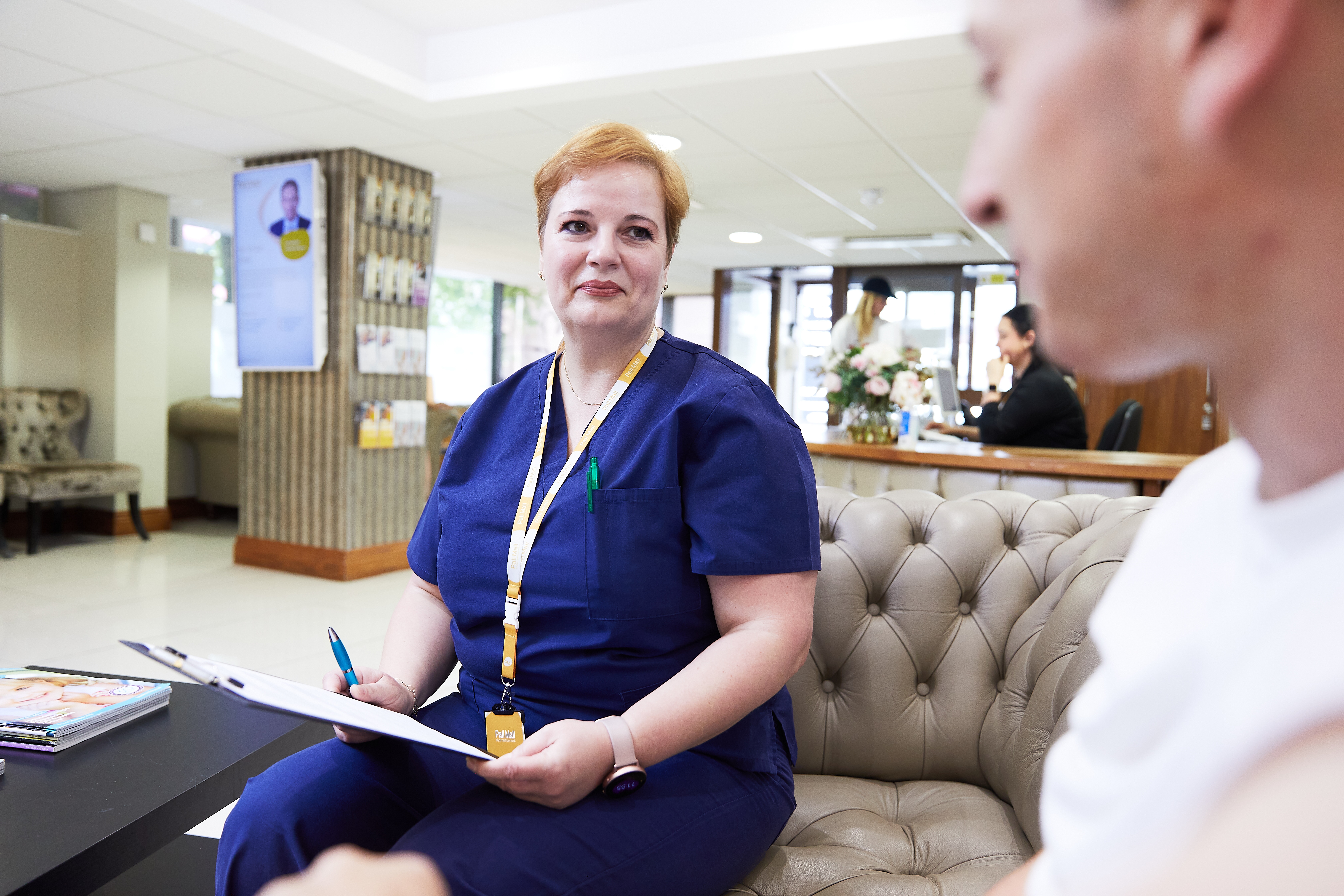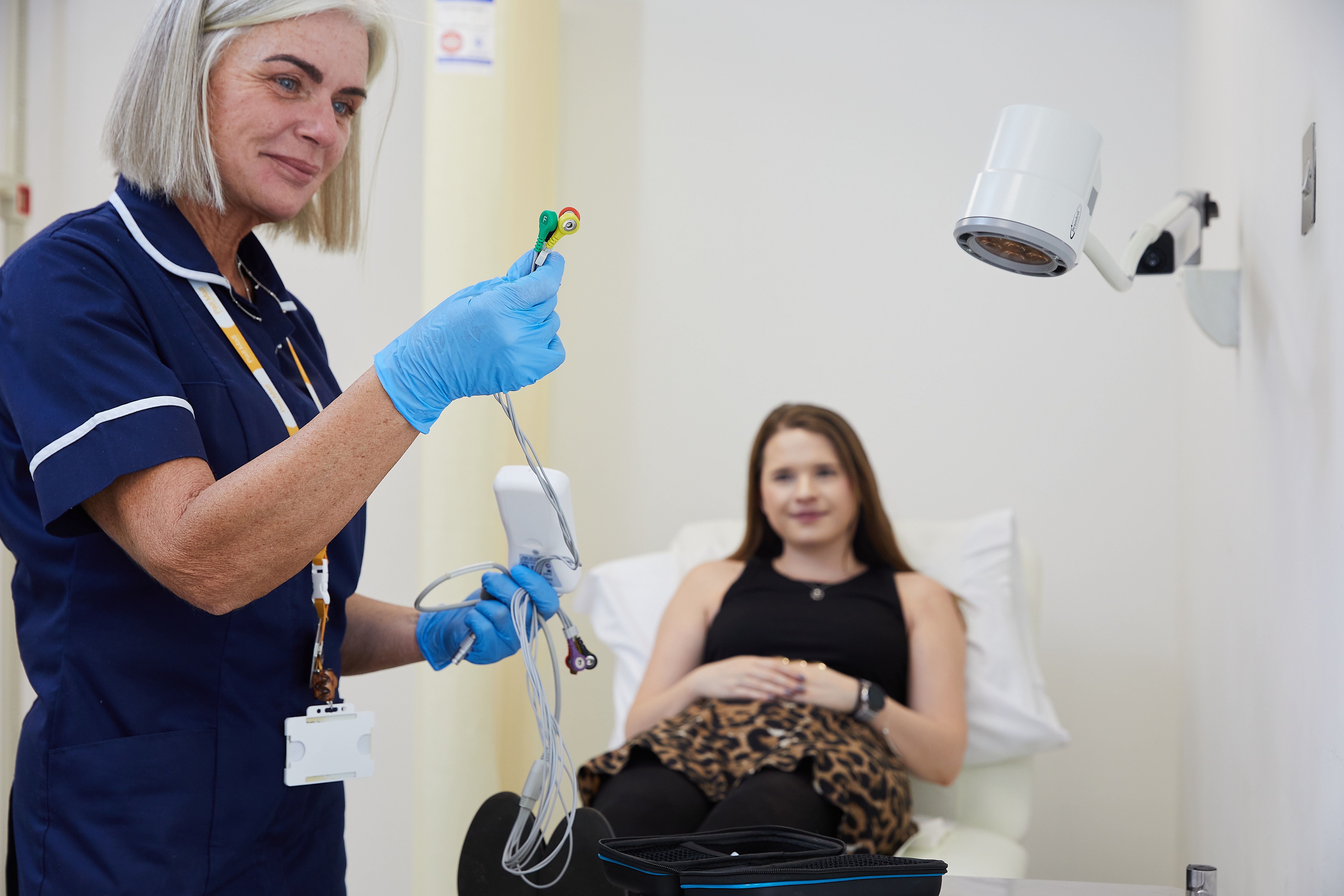Bowel cancer is one of the most common cancers in the UK, but early detection can significantly improve survival rates. Various screening and diagnostic tests are available, ranging from stool-based home tests to more in-depth procedures like colonoscopies.

How reliable are bowel cancer tests?
While no test is 100% perfect, a combination of screening methods helps detect bowel cancer early. Our Private Medical Director and GP, Dr Tang explains, “While colonoscopies are the most accurate form of testing, stool tests like ColoAlert® offer a convenient and reliable alternative for early detection.”
But just how reliable are these tests, and which one is right for you?
Types of bowel cancer tests and their accuracy
There are several ways to screen for and diagnose bowel cancer, each with varying levels of accuracy and convenience:
1. Stool tests (FIT, FOBT, and ColoAlert®)
Stool tests are a non-invasive way to detect bowel cancer by checking for hidden blood or cancer-related DNA in your stool.
Fecal immunochemical test (FIT) – Detects blood in stool with 79% sensitivity for bowel cancer.
Fecal occult blood test (FOBT) – Less sensitive than FIT as it can miss some early-stage cancers.
ColoAlert® – advanced DNA stool test – Detects blood and genetic mutations linked to bowel cancer with a 94% sensitivity rate, making it one of the most accurate at-home tests available.
Dr Tang highlights that “stool tests are best for early detection and are recommended every two years for those over the age 50.”
2. Colonoscopy – the gold standard
A colonoscopy involves inserting a camera into the colon to check for polyps and tumors. If abnormalities are found, they can often be removed immediately.
Accuracy: 95-99% – the most reliable method for detecting bowel cancer.
Limitations: Requires bowel preparation, and there's a small risk of bleeding or complications.
Recommended if you have a family history, symptoms, or a positive stool test result.
3. CT Colonography (also known as a virtual colonoscopy)
A virtual colonoscopy is a less invasive imaging scan that provides detailed pictures of the colon.
Accuracy: Approximately 90% for detecting larger polyps and tumors.
Limitations: It contains radiation, and if abnormalities are found, a follow-up Colonoscopy is required.
Best for those who cannot tolerate a standard colonoscopy.
Which test should you choose?
No symptoms? - A routine stool test (e.g., FIT or ColoAlert®) is a good first step.
Positive stool test or symptoms? - A colonoscopy is recommended.
High risk or family history? - Speak to a specialist about regular screenings.
Dr Tang stresses that “early detection saves lives. Whether you choose an at-home option like ColoAlert® or opt for a colonoscopy, regular screening is the key to catching bowel cancer early.”
If you or your loved ones are experiencing symptoms of bowel cancer find out more about private bowel cancer testing at Pall Mall.
Enquire about a Private GP Appointment
A member of our team will be in touch with you to discuss your requirements.
Always here to help, whenever you need us
Our expert team are always here to help, advise and arrange appointments with our specialist consultants.













